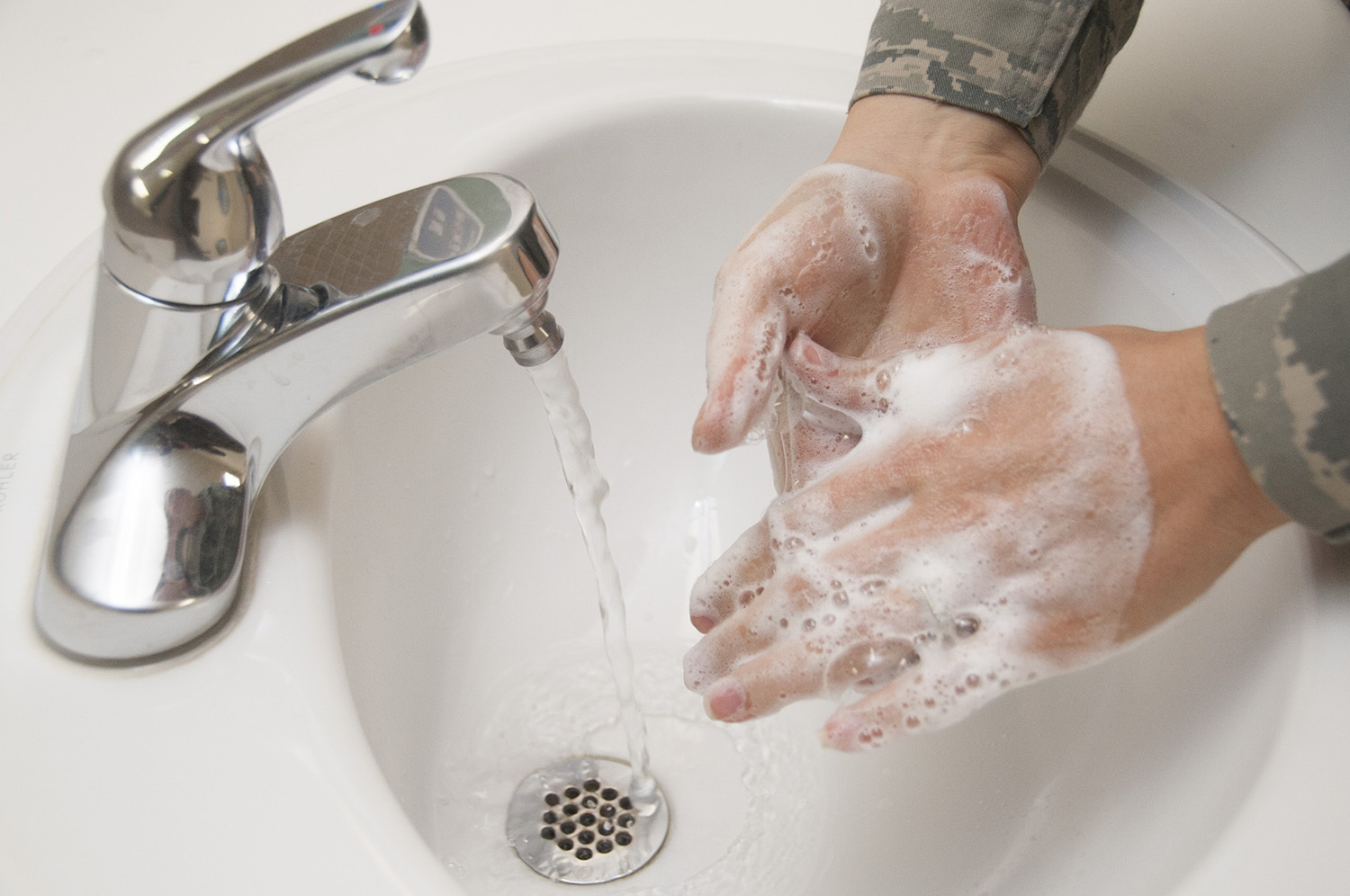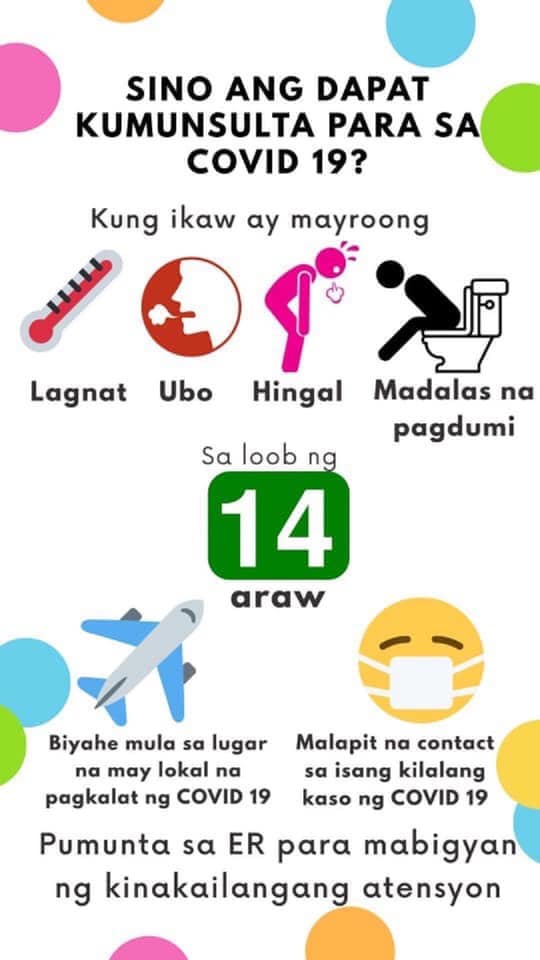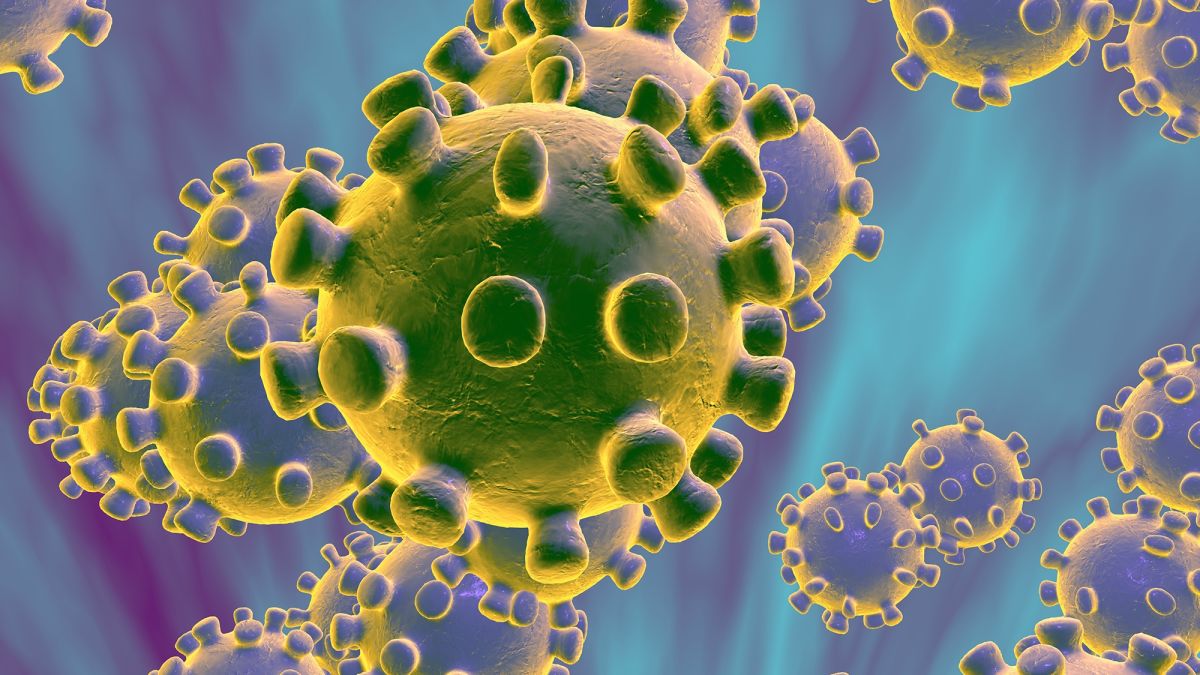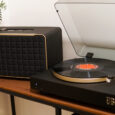Now that the coronavirus or COVID-19 has become a pandemic, the government implemented an enhanced community quarantine where everyone is ordered to stay at home. While this is a great measure, there are still people who need to venture out to buy groceries, pay bills, and do other essential tasks. Even if we follow the guidelines of the quarantine, we are still exposed to the virus. If you think you’re not because you’re at home, you can still be susceptible if you live with someone who goes out.
I grow more paranoid each day, especially when I read the news, so I asked a doctor and nurse to offer some tips to keep us safe from COVID-19.
Dr. Karen Lamorena-Realo is an adult nephrology fellow from the National Kidney & Transplant Institute. She said, “If possible please stay at home. If you need to go out then please observe social distancing.” If you have an elderly person or a child in the household, “it is better that you distance yourself from them if work entails you to go out.”
She also stressed the importance of washing your hands with soap and water, and going the extra mile of sanitizing your workplace with 70% alcohol.
For vitamins, she recommends vitamin c and zinc. She adds that it’s important to also eat healthy and to load up on your vegetables. Exercise is important, too.
So how do we know if we need to go to the hospital? Dr. Karen shared an important (and colorful) infographic to know when we should seek a consultation:
She ended her consultation with an important message: be kind in these trying times.
I also asked Jacque Avalon, a registered nurse at Cedars-Sinai Medical Center in Los Angeles, California.
Like Dr. Karen, Jacque is highlighting the importance of social distancing. According to her, “It helps reduce the chances of getting other people infected. Even if you’re asymptomatic (no symptoms at all), you can still be a carrier of the virus.”
By social distancing, she means standing at least six feet apart.
She agrees with Dr. Karen about the vitamin c, adding that we should take 1,000 mg if we can acquire it.
Jacque also has this to say about face masks: “I cannot stress this enough to the public: Please do not wear a mask if you’re not sick. Give masks to people who are symptomatic. The people who need these are healthcare professionals and the people who are showing symptoms. The Centers for Disease Control and Prevention currently recommends people who are symptomatic to wear face masks instead of the people who don’t have symptoms at all.”
It’s surprising to hear that there are people stealing face masks in hospitals. She said, “The scavenger mentality of the people has gone out of hand to a point where our mask supplies are locked behind rooms accessible only to nurses and are being controlled by our hospital supervisors.”
She added, “People have more chances of getting infected from a person who’s actively coughing due to droplets coming from their mouths than from a person who doesn’t have symptoms. If you don’t have a face mask, distance yourself from other people.”
If you have cough, cover it with a tissue or the inside of your mouth. This is advice applicable in every situation, but more so now. Dispose your tissue in the trash bins. Jacque said, “Immediately wash your hands with soap and water for at least 20 seconds or use 60% alcohol-based sanitizer if unable to wash hands.”
At home, avoid sharing personal household items and clean and disinfect all surfaces, including your smartphones and laptops.
Go to the doctor if you have an uncontrollable high-grade fever and worsening shortness of breath that’s unrelieved by over the counter medications. Jacque added, “Also, when disclosing information, please let your healthcare providers know if you have traveled within the last 2-3 weeks from China, Japan, South Korea, Europe (especially Italy), and Iran or had someone who came from these countries visit you during that timeframe. These questions are extremely important because they are part of the criteria for COVID-19 testing.”
If not, just stay at home and follow the quarantine rules. Jacque said, “the reason why we must quarantine ourselves is the lessen the spread of infection in your family as well as the public and to decrease hospital overflow of people who’ve been infected. There aren’t many beds [in hospitals] to accommodate everyone all at the same time.”
As of March 24, the Philippines has 552 confirmed cases and 35 deaths (with 20 recoveries). These numbers prove how it’s important for us to follow these simple tips so we can help prevent the spread of the coronavirus.
What do you think? Share your thoughts below!
Do you have a story for the WhenInManila.com Team? Email us at story.wheninmanila@gmail.com or send us a direct message at WhenInManila.com Facebook Page. Interact with the team and join the WhenInManila.com Community at WIM Squad. Join our Viber group to be updated with the latest news!








